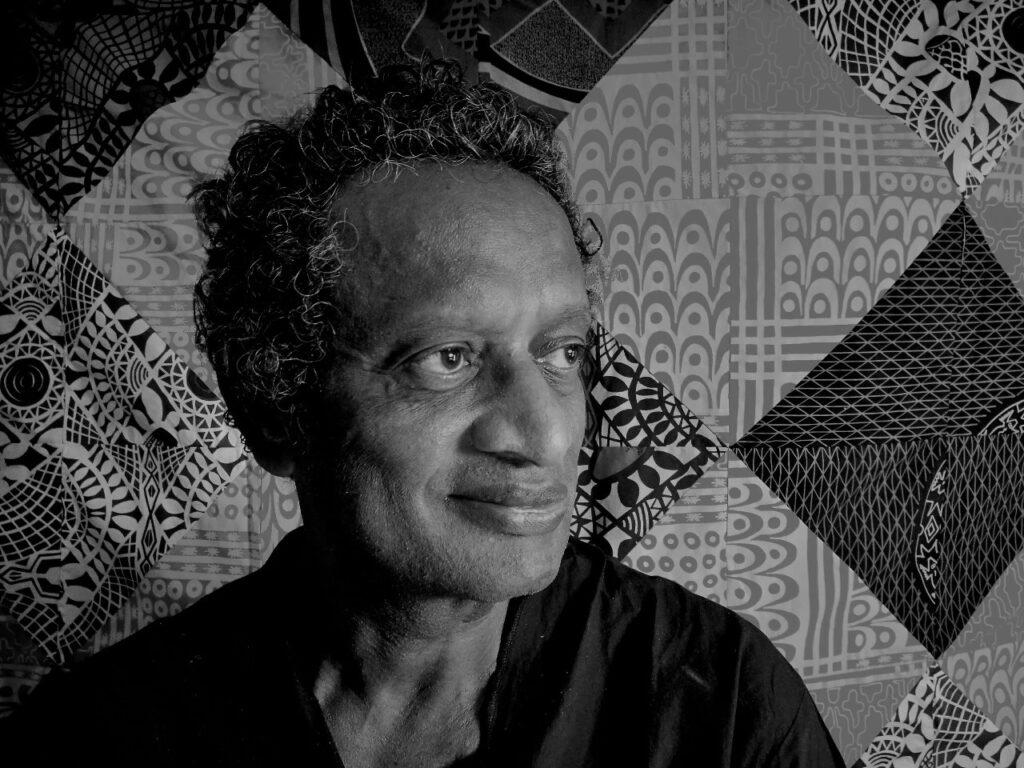
[Hassen Lorgat - Photo source: Benchmark Foundations]
A Johannesburg-based unionist and civil rights activist, Hassen Lorgat, has lodged a complaint against the editor of Daily Maverick alleging double standards, writes Iqbal Jassat.
Does the exercise of press freedom hinge on personal choices of an editor? Or to put it bluntly, does an editor possess the prerogative to arbitrarily impose censorship?
These questions have always been at the centre of debates related to how editors interpret media freedom and act upon it.
That editors wield enormous power to be selective in the options they possess to say “yay” or “nay” about content is a given.
The complexity of navigating choices to publish or not may appear to be tough, but ought not be so if editors are committed to upholding the tenets of a free press.
This issue has emerged from a complaint lodged by unionist and civil rights activist Hassen Lorgat to the Press Ombudsman against the Daily Maverick (DM).
It is both interesting and informative to learn his understanding and obvious displeasure about how editors shield behind “unwritten policies” to justify censorship.
Lorgat claims that he was lied to by Daily Maverick’s Jillian Green when she informed him that DM’s policy on Israel/Palestine was limited to news coverage, not opinion pieces.
He refers to a WhatsApp message sent to him by Green dated 18th April 2023: “Dear Hassen, thank you for your recent submission to Daily Maverick. Right of Replies are reserved for those directly mentioned in a Daily Maverick article. In addition, the DM will only be publishing news articles on issues related to the Palestine/Israeli conflict, not opinions.”
Having been denied “Right of Reply” by Green on the grounds that DM will only be publishing news articles, not opinions on issues related to the “Palestine/Israel conflict”, Lorgat was astounded when four months later, an op-ed on the same matter was published.
In direct contradiction to Green’s views relayed to Lorgat, whereby she laid out DM policy which forbids it from publishing such opinions, the op-ed on Israel/Palestine represented views critical of BRICS and leaned in favour of Israel.
The obvious question which arises is whether DM applies dual standards when selecting content that’s biased against Palestine?
The other concern that’s perhaps more fundamental to Lorgat’s complaint is whether DM does indeed possess the policy Green spelled out, or whether it was a thumb-suck by her to avoid publishing Lorgat’s “Right of Reply”?
Two weeks later another oped on terrorism in Israel was published, prompting Lorgat to question whether DM entertains the notion of Israeli democracy to the exclusion of views on Zionist violence, dispossession, Occupation and justice for Palestinians.
In his complaint to the Ombudsman, Lorgat queried whether DM’s “intention is to only entertain debates within the acceptable norms that Israel is a democracy, with a vibrant civil society that protests to protect the constitution to the exclusion of other contrary views?”
He claims that in the spirit of democracy, he requested an explanation from the DM, but “for some strange reason, Ms Green…refused to even respond”.
As a signatory to the Press Code, the DM is expected to conform to its regulations. The range of clauses which regulate media platforms who subscribe to the Press Code are wide and varied. Core media principles governing free speech including a commitment to ethics, are embodied in the codes.
Complaint
Hence the argument made by Lorgat to justify his “Right to Reply” may not be nullified by arbitrary “policies” that go against the letter and spirit of the Press Code. In any event a search on DM’s site to find the “policy” Green refers to has come up blank.
Though the Ombudsman did not entertain Lorgat’s complaint by side stepping the core of his argument, it does not mean that DM is absolved from explaining and clarifying inherent contradiction in Green’s so called policy.
If indeed a policy does exist to limit coverage of what the DM refers to as the “Israel/Palestine conflict” to news articles only, not opinion pieces, surely most media analysts, practitioners and journalists will find it untenable, unreasonable and unacceptable.
Suppression by media outlets in South Africa of Palestinian voices or silencing those advocating justice for Palestine was common practice during the apartheid era. That it occurs today, must not and should not be countenanced under any circumstances.
Nor can the media ignore reports by credible sources that examine attacks, restrictions and harassment of Palestinians.
Compilation of such reports and the analysis provided by commentators explain that the majority of violations against Palestinians are part of the Israeli regime’s colonial goal of ensuring permanent subjugation of Palestinian rights.
Green’s outlining of a policy that precludes DM from publishing opinion pieces reflecting on Israeli strategy of criminalising Palestinian resistance, activists and advocates of human rights, cannot remain unchallenged.
*Iqbal Jassat is an Exec: Media Review Network, Johannesburg.


